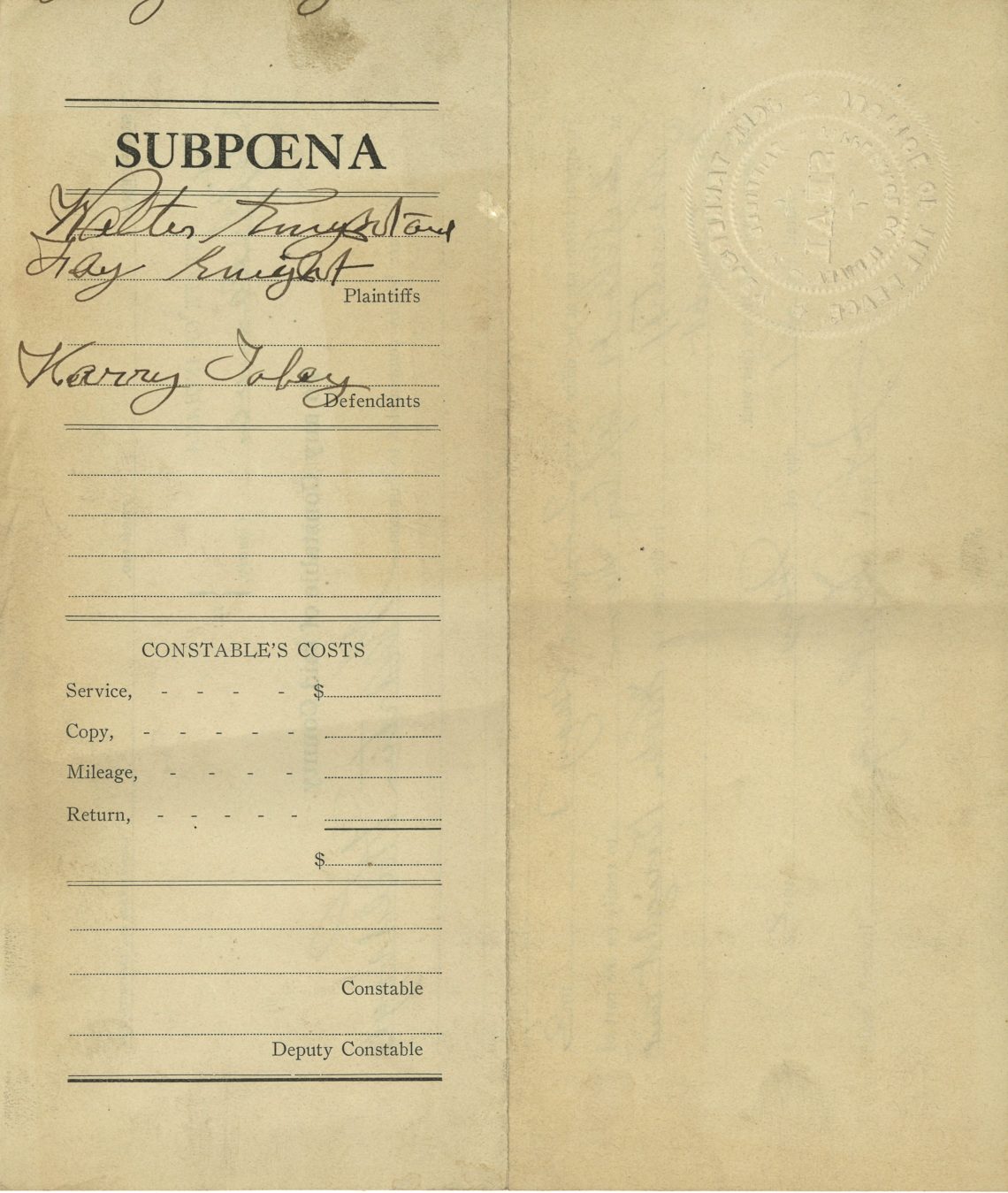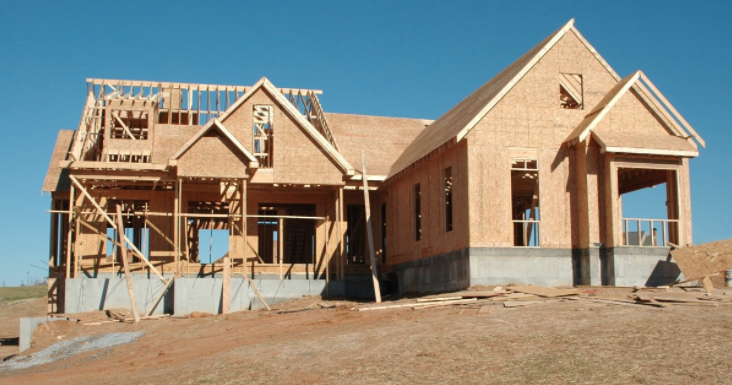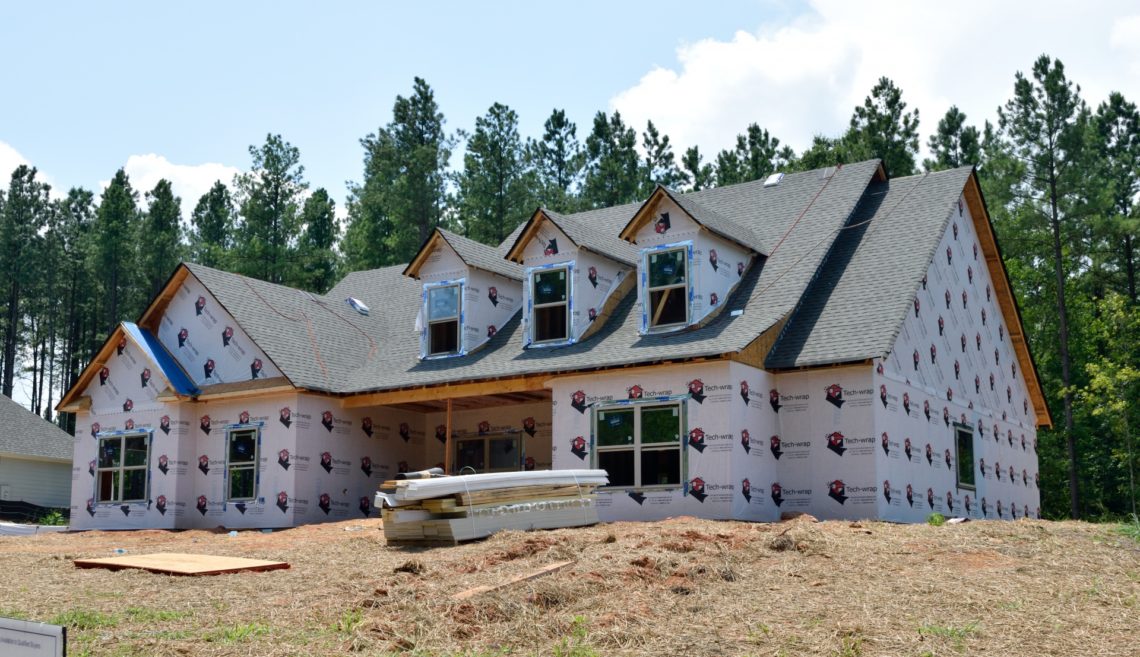North Carolina recognizes a cause of action for tortious inference with expected inheritance. This cause of action can be confused with tortious interference with prospective economic advantage, which occurs in the context of a contract or potential contract. Conversely, tortious interference with expected inheritance occurs in the context of a will or estate, rather than in the context of a contract or potential contract. Further, unlike a cause of action for undue influence, which permits recovery by the testator (the person executing the will), tortious interference with expected inheritance permits recovery by the individual expecting to benefit from the testator’s will. The Elements To prove tortious interference with…
-
-
DISINHERITED SPOUSES AND THE RIGHT OF ELECTIVE SHARE
Ric Ocasek, famed singer for The Cars, recently passed away leaving behind a will that purportedly removes his estranged wife, Paulina Porizkova, as a beneficiary of his estate. Ocasek and Porizkova were in the process of divorcing when Ocasek died; however, the divorce was not finalized, and the two were still legally married. Removing one’s spouse from an estate plan – often referred to as disinheriting a spouse – is common, particularly when spouses are separating and divorcing. States that have adopted the Uniform Probate Code, or similar statutes, create protection for a disinherited spouse in the form of the right of elective share. What is Elective Share? …
-
WHAT IS THE SERVICEMEMBERS CIVIL RELIEF ACT?
In honor of the upcoming Veterans Day holiday, this blog post will discuss the Servicemembers Civil Relief Act (the “SCRA”), which provides specific protections for those in active duty military service, as well as their dependents. The SCRA’s Specified Protections The SCRA was enacted in 2003 and recognizes that those in active duty military service may not be able to participate in certain civil affairs, and creates certain protections for those who qualify. Default judgment protection. In order to obtain a default judgment against a defendant who failed to make an appearance in the proceeding, the plaintiff must file an affidavit certifying whether or not the defendant…
-
EPIC GAMES EMPLOYEE ALLEGEDLY LEAKS EPICLY SECRET DETAILS ABOUT FORTNITE CHAPTER 2
North Carolina-based Epic Games filed a lawsuit over the alleged leak of secret information related to Fortnite Chapter 2. The company claims employee Ronald Sykes violated the terms of a non-disclosure agreement by sharing information related to the new game, including new game-play features and a virtual map of the fictional game universe, prior to its public release. The success of Epic Games’ claims will primarily hinge on whether the non-disclosure agreement is enforceable and whether the allegedly leaked information constituted protected trade secrets. Non-Disclosure Agreements A non-disclosure agreement (“NDA”) is a contract, or part of a contract, that prohibits one or more parties from disclosing certain confidential…
-
DO I NEED TO RESPOND TO THIS SUBPOENA?
A subpoena is a very useful tool for gathering information in civil litigation. They are also used in other contexts, such as by the United States Congress (for example, the congressional subpoena issued to Rudy Giuliani). A civil subpoena is a document provided to an individual or entity compelling that individual or entity to do something – either to testify or to provide documents or other forms of evidence. In North Carolina, the form and function of a subpoena is explained in Rule 45 of the North Carolina Rules of Civil Procedure. Form and Service: What Should My Subpoena Look Like and How Do I Need to Serve It…
-
DUKE’S MAYONNAISE TRADEMARK DISPUTE
Duke’s Mayonnaise can trace its roots to 1917 in Greenville, South Carolina. Founder Eugenia Duke developed a recipe for mayonnaise to add to sandwiches she sold to soldiers fighting in World War I. Eventually, the sandwich shop became an independent business – the Duke Sandwich Company – and Duke’s mayonnaise continued to be produced by new owner C.F. Sauer Company. Nearly 100 years later, C.F. Sauer Company is suing Duke Sandwich Company over alleged trademark infringement and trademark dilution. C.F. Sauer’s lawsuit claims other causes of action, including unfair competition, which fall outside of the scope of this article. A Foundation in Trademark Law The Lanham Act protects…
-
IMPLIED WARRANTIES IN NORTH CAROLINA CONSTRUCTION
PART 2 This article follows Lindley Law’s blog post on implied warranties in construction contracts. While the previous article focused on warranties protecting the purchaser, this article will focus on warranties protecting the general contractor and subcontractors. The Implied Warranties Protecting General Contractors and Subcontractors The Implied Warranty of Suitability of Plans and Specifications. In nearly all construction projects, someone other than the general contractor creates the plans and specifications for a construction project. This warranty assures the general contractor that the plans and specifications were created in accordance with a reasonable standard of care and are essentially free of design errors. The Smiths hire Not…
-
IMPLIED WARRANTIES IN NORTH CAROLINA CONSTRUCTION
PART 1 The construction industry is largely governed by contracts. Mr. and Mrs. Smith contract with Reputable Construction, LLC to build a single-family home. The rights and responsibilities of both parties are generally determined by the contents of the contract, as enforced by North Carolina law. The contract could include express warranties – specific stipulations providing an assurance of some particular item or service in relation to the contract. An express warranty could also be provided orally, in conversations between the Smiths and Reputable Construction. North Carolina also recognizes implied warranties in construction contracts – warranties neither explicitly included in the written contract nor orally discussed. Implied warranties…
-
A PRIMER ON CONSTRUCTION LIENS
What is a Construction Lien? The construction industry is largely governed by contracts. A property owner contracts with a general contractor to make improvements to the real property; the general contractor contracts with subcontractors to perform the various tasks required to make such improvements (e.g., grading, bricklaying, etc.); the general contractor and/or the subcontractors contract with suppliers to haul materials and equipment to and from the job site. A mechanics’ lien (or construction lien) provides any party involved in the improvement of the real property with a means of collecting payment. This means of collection exists in addition to other remedies, such as breach of contract. As a…
-
INTERPRETATION OF A WILL: WHAT DO PER CAPITA AND PER STIRPES MEAN?
The North Carolina Court of Appeals recently released an opinion in the matter Brawley v. Sherrill. The parties were disputing the interpretation of a will, which provided per capita distribution of estate assets to the testator’s children, but per stirpes distribution to her grandchildren. What do these terms mean, and how do they work together in the same estate plan? Per Capita and Per Stirpes Defined For estate plans, the term “surviving” identifies individuals who are alive at the time the testator (the individual leaving the Will) dies. A per capita distribution plan divides estate assets equally to surviving heirs at the level of descendancy stated in…









